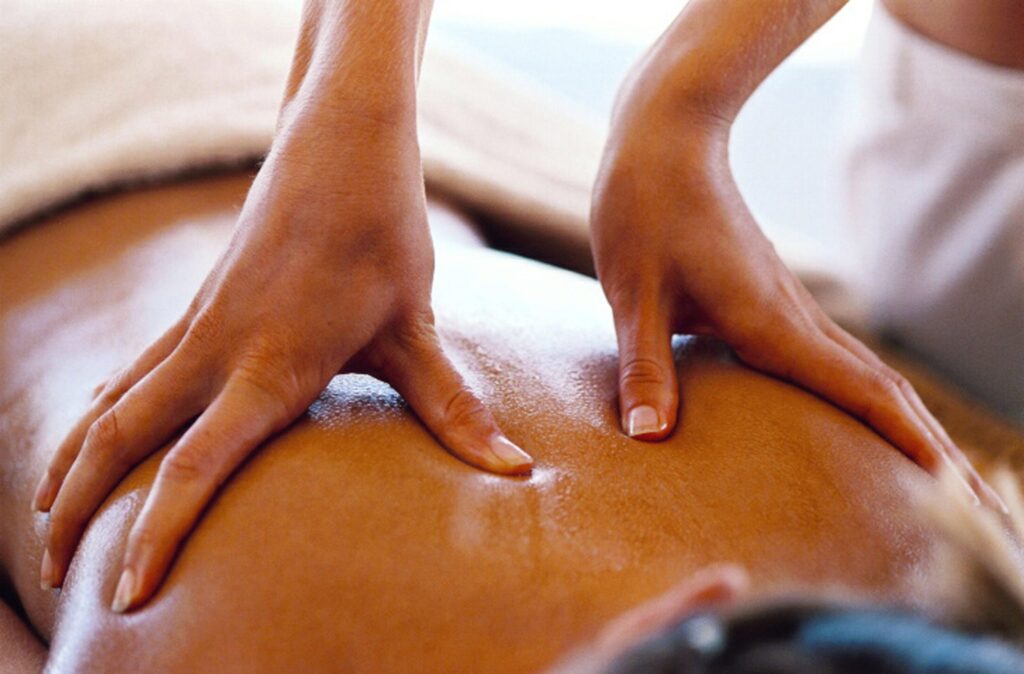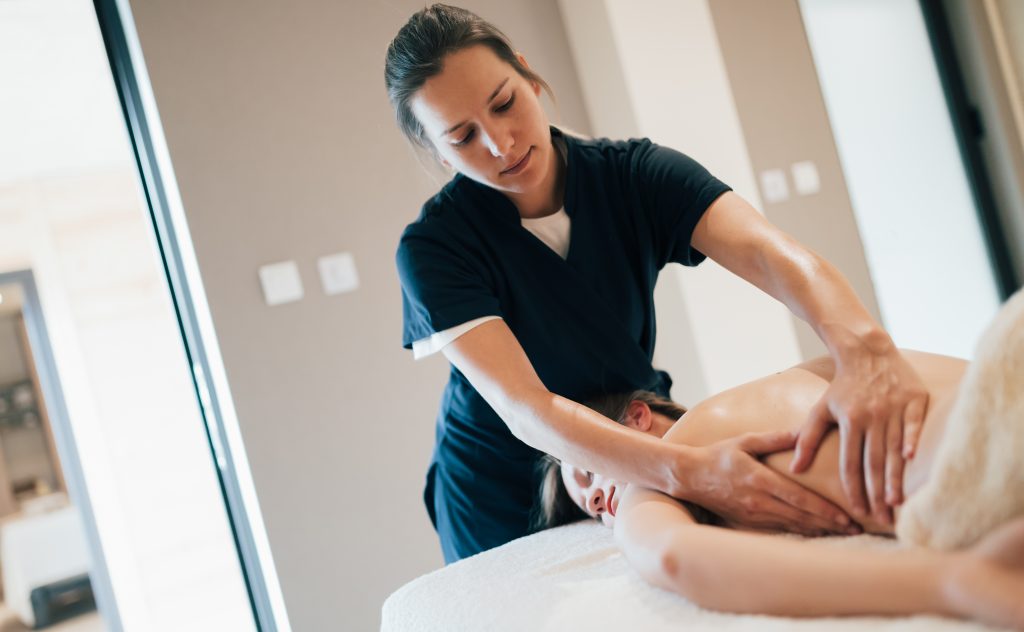Massage Therapy Career Path: Qualifications Needed to Succeed

The allure of a career in massage therapy is not only rooted in the increasing demand for holistic health solutions but also in the profound personal satisfaction that comes from fostering healing and relaxation. This career path beckons those who seek a tangible, immediate impact in their professional lives. However, the path to success in massage therapy is paved with specific qualifications and dedicated commitment. Let’s dive into what it takes to build a rewarding career in this field.
Understanding the Basics of Massage Therapy

Before embarking on this career path, it’s essential to understand what massage therapy entails and the core responsibilities that come with the role.
Massage therapy, known as 마사지구인 in some cultures, involves manipulating the soft tissues of the body, such as muscles, connective tissues, tendons, ligaments, and skin, using various techniques. It represents a holistic approach aimed at relieving pain, reducing stress, enhancing relaxation, and contributing to overall wellness. This discipline is much more than the physical act of massaging; it requires practitioners to possess a deep understanding of human anatomy, client consultation, and treatment planning.
A massage therapist’s role is multifaceted, requiring not only hands-on skills but also empathy, communication, and a deep understanding of health and safety practices. They must be able to assess clients’ conditions, plan and execute appropriate massage treatments, and offer advice on post-treatment care and wellness strategies. This requires a blend of interpersonal skills and technical knowledge, underpinned by a genuine desire to help others.
Qualifications Needed to Succeed

The journey to becoming a successful massage therapist involves formal education, certification, and continuous learning. These qualifications are essential in building credibility and trust with clients.
The first step to becoming a massage therapist is to complete an accredited program. These programs typically cover anatomy, physiology, pathology, ethics, and hands-on practice. Graduates must understand the human body and how it responds to touch, which is crucial for effective and safe treatment. Educational requirements can vary significantly by region, so it’s important to research the specific needs of the area where you plan to practice.
In many locations, becoming a certified massage therapist is a must. This often requires passing an examination, such as the Massage and Bodywork Licensing Examination (MBLEx), and obtaining a license to practice. However, the learning doesn’t stop there. Successful massage therapists commit to ongoing education to keep up with new techniques, trends, and regulations in the field. This not only enhances their practice but also ensures they provide the best care for their clients.
Conclusion

In conclusion, a career in massage therapy offers a unique blend of personal satisfaction and professional growth. However, it requires a specific set of skills and qualifications, including comprehensive education, certification, and a commitment to continuous learning.
By understanding the core aspects of massage therapy and meeting the necessary qualifications, you can pave the way for a successful and fulfilling career in this healing profession. Whether you’re just starting out or looking to enhance your skills, the journey to becoming a proficient massage therapist is a rewarding one, filled with opportunities for growth and the joy of making a positive impact in the lives of others.




